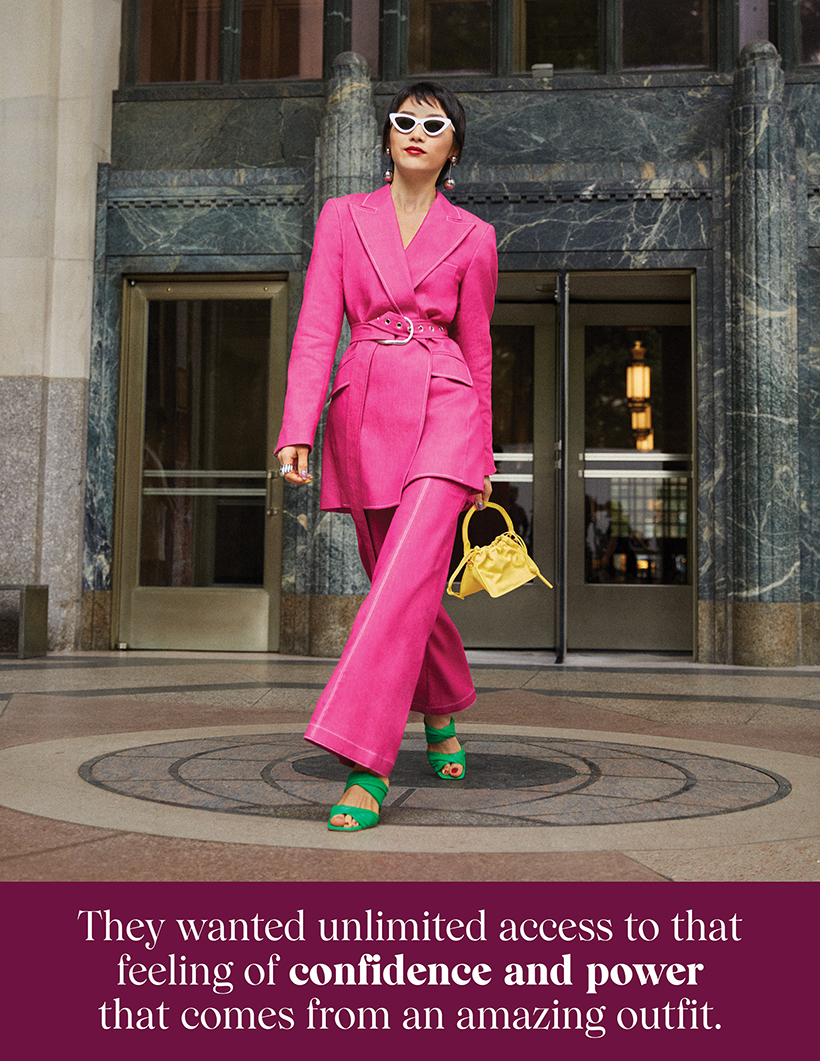If we invest substantial time and resources to establish and expand our operations internationally and are unable to do so successfully and in a timely manner, our operating results would suffer.
Risks Related to Our Legal and Regulatory Environment
Our business is subject to a large number of U.S. and non-U.S. laws and regulations, many of which are evolving.
We are subject to numerous evolving laws and regulations in the United States and around the world, including those relating to consumer protection, environmental protection, intellectual property, consumer product safety, privacy and information security, taxation, and immigration, labor, and other employment law matters, such as workplace safety, particularly in our fulfillment centers, and wage and hour regulations. There has been a recent focus on automatically renewing subscription offerings. For example, California’s Automatic Renewal Law, and the federal Restore Online Shoppers’ Confidence Act, or ROSCA, require companies to adhere to enhanced disclosure and cancellation requirements when entering into automatically renewing contracts with subscription customers. Regulators and private plaintiffs have brought enforcement and litigation actions against companies, challenging automatic renewal and subscription programs.
We strive to comply with all applicable laws; however, despite our efforts, we may not have fully complied in the past and may not in the future. If we fail to comply with existing or future laws or regulations, or if these laws or regulations are violated by our brand partners, suppliers or vendors, we may be subject to criminal and civil liabilities, fines, or sanctions and, while incurring substantial legal fees and costs and reputational harm. In addition, compliance and remediation efforts can be costly.
We are subject to U.S. and certain foreign export and import controls, sanctions, embargoes, anticorruption laws, and anti-money laundering laws and regulations. Compliance with these legal standards could impair our ability to compete in domestic and international markets, and we could face criminal liability and other serious consequences for violations, which could harm our business.
We are subject to export control laws and regulations (including the U.S. Export Administration Regulations), U.S. Customs and import regulations, various economic and trade sanctions regulations administered by the U.S. Treasury Department’s Office of Foreign Assets Control, the U.S. Foreign Corrupt Practices Act of 1977, or the FCPA, as amended, the U.S. domestic bribery statute contained in 18 U.S.C. § 201, the U.S. Travel Act, the USA PATRIOT Act, and other state and national anti-bribery and anti-money laundering laws in the countries in which we conduct activities. Anti-corruption laws are interpreted broadly and generally prohibit companies and their employees, agents, contractors, and other partners from authorizing, promising, offering, or providing, directly or indirectly, corrupt payments of anything of value to recipients in the public or private sector to obtain or retain business or an improper business advantage. As a public company, we also are subject to the FCPA’s accounting provisions, which require us to make and keep complete and accurate books and records, and to maintain a system of adequate internal accounting controls. We have brand partners, suppliers, and vendors operating outside the United States and may engage other third parties to sell our products and services or to obtain necessary permits, licenses, patent registrations, and other regulatory approvals outside the United States. We can be held liable for the corrupt or other illegal activities of our employees, agents, contractors, and other partners, even if we do not explicitly authorize such activities. Although we have policies and controls in place to promote compliance with these laws and regulations, there are no assurances that these policies and controls will always prevent illegal or improper acts by employees, agents, third parties, or business partners. Violations of the laws and regulations described above may result in substantial civil and criminal fines and penalties, imprisonment, the loss of export or import privileges, debarment, tax reassessments, breach of contract and fraud litigation, reputational harm, investigation costs, and other consequences, any of
50
